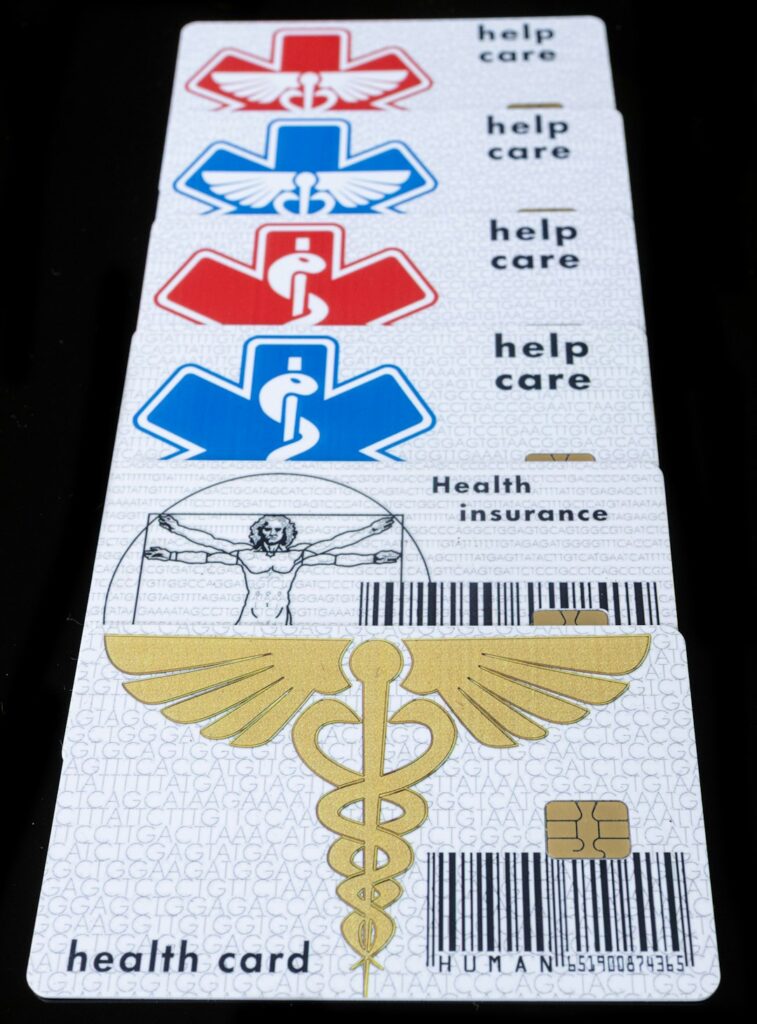AI Tools for HealthTech: Revolutionizing Patient Care with AI Healthcare Applications
In recent years, the rise of AI healthcare applications has transformed the landscape of patient care and medical services. These advanced tools harness the power of artificial intelligence to improve efficiency, enhance diagnostic accuracy, and provide personalized treatment plans. As the integration of AI in health tech continues to evolve, understanding its potential is crucial for healthcare professionals, patients, and stakeholders alike.
The Role of AI in Healthcare
AI technologies are reshaping the healthcare industry by optimizing processes and facilitating better decision-making. Some of the prominent AI healthcare applications include:
- Predictive Analytics: AI systems analyze patient data to predict health risks and outcomes.
- Robotic Surgery: AI-assisted robotic surgical tools enhance precision during complex procedures.
- Virtual Health Assistants: AI chatbots provide patients with instant information and support.
Enhancing Diagnostics with AI
One of the most significant advancements in AI healthcare applications is their ability to assist in diagnostics. Machine learning algorithms can process vast amounts of data quickly, enabling healthcare providers to identify diseases more accurately and at earlier stages. Techniques such as:
- Image Recognition: AI can analyze medical images to detect anomalies.
- NLP (Natural Language Processing): AI systems can interpret clinical notes and patient records.
AI Tools Transforming Patient Engagement
Improving patient engagement is another critical focus of AI tools in health tech. By leveraging AI, healthcare providers can offer tailored experiences that empower patients. Major ways AI enhances patient engagement include:
Personalized Health Recommendations
AI healthcare applications analyze individual health data to create tailored wellness plans and recommendations. This personalized approach can significantly increase patient adherence to treatment plans.
Remote Monitoring and Telehealth Solutions
AI tools enable remote monitoring of patients, providing healthcare professionals with real-time data about their patients’ conditions. This technology supports:
- Efficient management of chronic diseases.
- Timely interventions that improve health outcomes.
Data Security and Ethical Considerations
While AI offers numerous benefits in health tech, there are legitimate concerns regarding data security and ethical practices. Issues to consider include:
Patient Privacy
The use of AI in healthcare requires stringent measures to ensure patient privacy. Adhering to regulations like HIPAA is essential for protecting sensitive medical data.
Bias in AI Algorithms
AI systems are only as good as the data they are trained on. If the datasets used are biased, the outcomes can perpetuate health inequalities. Continuous monitoring and updating of AI algorithms are necessary to mitigate these biases.
Future of AI Healthcare Applications
The future of AI in health tech looks promising, with ongoing innovations poised to enhance the quality of care further. Some trends to anticipate include:
- Integration of AI with wearable devices for real-time health tracking.
- Development of AI-driven clinical decision support systems to guide healthcare providers.
As AI healthcare applications continue to develop, the collaboration between technology innovators, healthcare professionals, and policymakers will be essential in harnessing their full potential while addressing the challenges they present.
Conclusion
AI tools are undeniably revolutionizing the HealthTech landscape, offering transformative solutions that improve patient care through innovative AI healthcare applications. By embracing these technologies responsibly and ethically, the healthcare industry can look forward to a future where patient outcomes and operational efficiencies are significantly enhanced.
Transforming Diagnosis with AI Healthcare Applications
One of the most impactful areas where AI healthcare applications shine is in diagnostics. Machine learning algorithms can analyze vast amounts of medical data, allowing for quicker and more accurate diagnoses than traditional methods. By interpreting imaging scans, genetic information, and even patient histories, AI tools can assist healthcare professionals in identifying diseases at early stages. This not only enhances patient outcomes but also reduces healthcare costs by facilitating early intervention.
Predictive Analytics for Improved Patient Management
Predictive analytics is another powerful feature of AI healthcare applications. By leveraging data from electronic health records (EHRs), wearables, and clinical studies, these tools can help clinicians forecast patient outcomes and manage chronic diseases more effectively. For instance, AI can analyze patterns in patient data to predict hospital readmissions or complications from chronic conditions such as diabetes or heart disease. This predictive capability enables healthcare providers to tailor their management strategies and allocate resources more efficiently.
Streamlining Operations with AI Tools
Beyond direct clinical applications, AI tools also play a vital role in streamlining healthcare operations. Automation of administrative tasks, such as appointment scheduling, billing, and data entry, can significantly reduce the workload on healthcare teams. This efficiency allows staff to focus more on patient care rather than administrative burdens. Moreover, AI-driven chatbots are increasingly used to handle patient inquiries and provide information, further enhancing the patient experience while alleviating pressure on human resources.
AI in Personalized Medicine
Personalized medicine is another frontier being transformed by AI healthcare applications. By analyzing patient-specific data, including genetics, lifestyle, and environmental factors, AI can help in creating customized treatment plans that target individual needs rather than a one-size-fits-all approach. This tailored methodology not only improves treatment efficacy but also reduces the likelihood of adverse reactions, making healthcare safer and more effective for patients.


